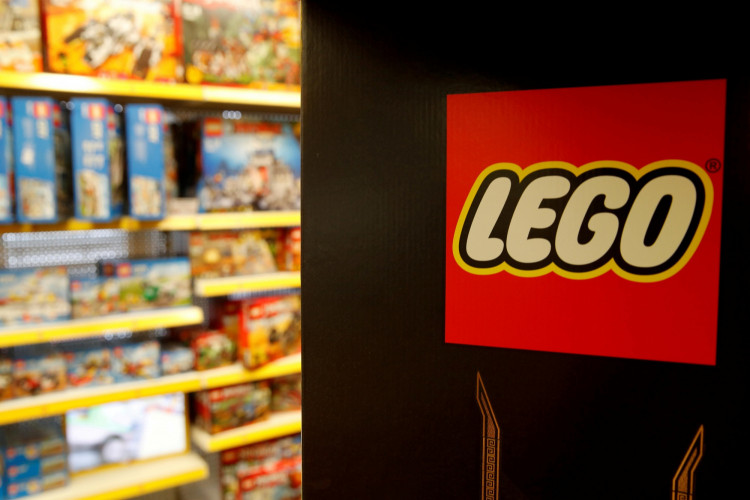Lego Group has announced its intention to replace the fossil fuels used in its iconic plastic bricks with renewable and recycled materials by 2032. The move, detailed in a company statement on Wednesday, marks a major step in Lego's sustainability strategy and reflects a broader industry trend towards greener manufacturing practices.
Currently, Lego is on track to phase out oil-based plastics from its bricks, which have been a staple of the company's product line for decades. The transition involves a substantial increase in costs, with the company paying up to 70% more for certified renewable resin, the primary raw material for producing its bricks. This price hike is intended to incentivize suppliers to ramp up production of sustainable materials.
"We sense more activity and willingness to invest in this now than we did just a year ago," Lego CEO Niels Christiansen told Reuters. Despite the high costs, Christiansen expressed confidence that the company could absorb these expenses without passing them on to consumers. "With a family-owner committed to sustainability, it's a privilege that we can pay extra for the raw materials without having to charge customers extra," he added.
Lego has been actively testing over 600 different materials in its quest to find a suitable alternative to oil-based plastic. While the company has made some progress, developing a completely new material to replace the traditional brick by 2030 has proven challenging. As a result, Lego is opting for a gradual reduction in oil content, targeting more than half of its resin needs to be certified sustainable by 2026, up from 30% in the first half of 2024.
The push towards renewable plastics comes amid a market environment characterized by a surplus of cheap virgin plastic. This surplus is largely driven by major oil companies' investments in petrochemicals, which are expected to spur new oil demand in the coming decades. Lego's suppliers are turning to bio-waste such as cooking oil and food industry waste fats, as well as recycled materials, to replace traditional fossil fuels in plastic production.
The market for recycled and renewable plastics is still developing, with most available feedstock currently being diverted to subsidized biodiesel production. According to Neste, the world's largest producer of renewable feedstocks, fossil-based plastics remain significantly cheaper than their sustainable counterparts-often costing only a third to half as much.
Rival toymaker Hasbro has also begun incorporating plant-based and recycled materials into some of its products, though it has yet to set concrete targets for plastic use. Meanwhile, Mattel has committed to using only recycled, recyclable, or bio-based plastics across all its products by 2030. Despite these efforts, approximately 90% of all plastic is still derived from virgin fossil fuels, according to PlasticsEurope, a lobby group representing the plastics industry.





